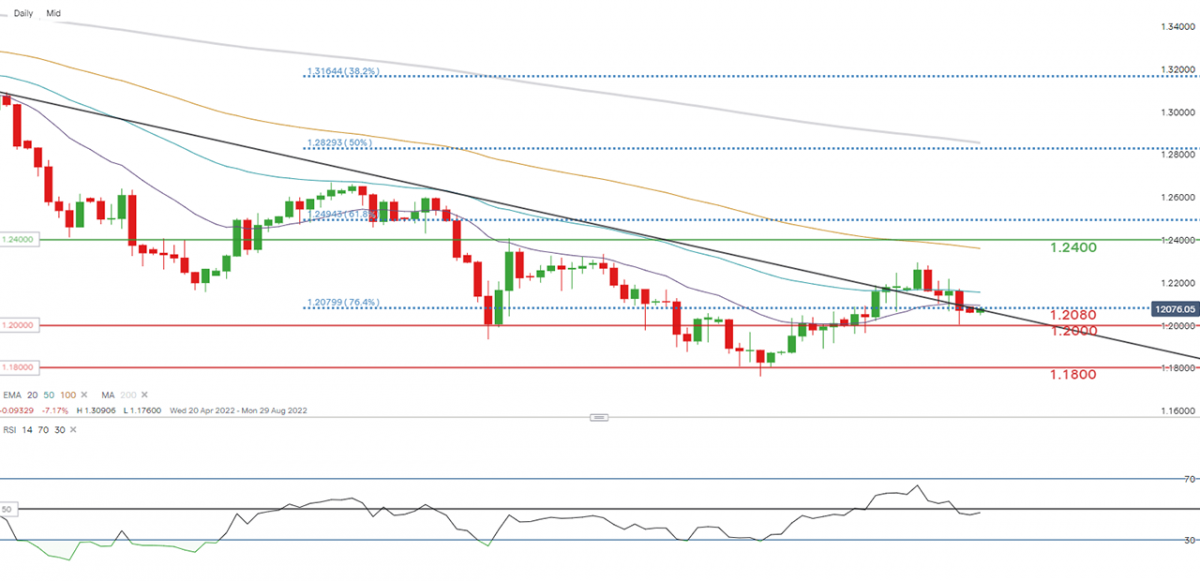EUR/GBP Drops to 0.8550 Amid UK Job Woes, Lackluster German Inflation
The EUR/GBP exchange rate has recently experienced a significant drop to 0.8550, marking a significant shift in the currency markets. This movement is not random; it reflects a complex interplay of various factors influencing both the Euro and the British Pound.
From the Euro’s perspective, several elements play a substantial role. Economic indicators such as inflation rates, GDP growth, and unemployment rates within the Eurozone can cause fluctuations in the value of the Euro. Large economies like Germany and France often have a more significant impact due to their size and influence. For instance, the recent unimpressive German inflation data has potentially contributed to the weakening of the Euro.
Political events within the Eurozone, such as elections, policy changes, or unexpected announcements, can also cause substantial currency movements. Changes in the European Central Bank (ECB) policies are particularly impactful. The ECB’s decisions on interest rates, quantitative easing programs, and other monetary policies directly influence the value of the Euro. In this context, the mixed central bank talks and data from the Eurozone have likely played a role in the EUR/GBP rate’s recent decline.
On the other side of the coin, the GBP is influenced by a unique set of factors. Policy decisions by the Bank of England (BoE) are crucial. For example, hawkish comments from British policymakers, including UK finance minister Jeremy Hunt and BoE Governor Andrew Bailey, about returning inflation to its target, can strengthen the Pound.
The overall health of the UK’s economy also affects the Pound. Indicators such as employment rates, inflation, and GDP growth are closely watched by traders. The current downbeat UK employment data may have contributed to volatility in the Pound but was counteracted by other positive factors.
Brexit-related developments continue to be a wildcard, causing unexpected fluctuations in the Pound’s value. The long-term economic implications of Brexit are still uncertain, and any news relating to it can cause market movements.
Investors and traders monitor these movements closely as they can dramatically impact investment strategies and trading positions. For those interested in the currency market, staying informed about these developments and understanding the factors driving these changes is of utmost importance.
However, forex trading is not just about spotting opportunities. It also involves managing risks. Currency values can change rapidly, and trades that look promising can quickly turn into losses. Therefore, thorough research, careful planning, and robust risk management are crucial for anyone involved in forex trading.
In conclusion, the recent drop in the EUR/GBP exchange rate to 0.8550 is a result of various economic, political, and monetary factors affecting both the Euro and the Pound. While such shifts present potential profit opportunities for forex traders, they also come with inherent risks. Hence, staying informed and managing risks effectively is key to success in forex trading.

.webp)



